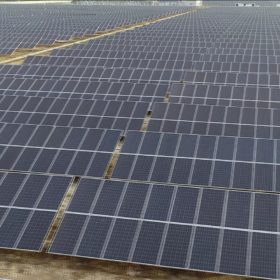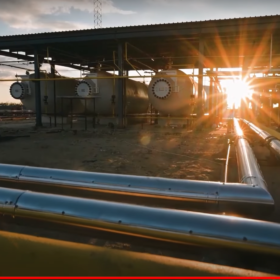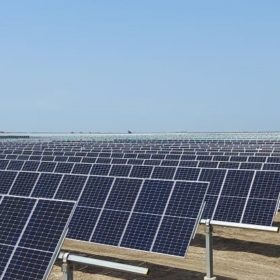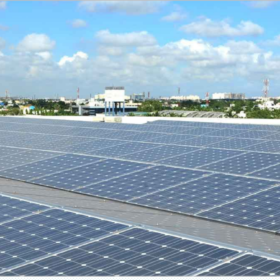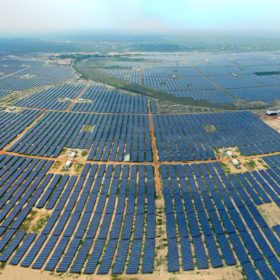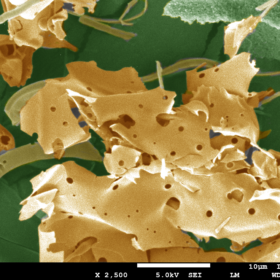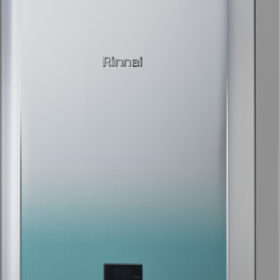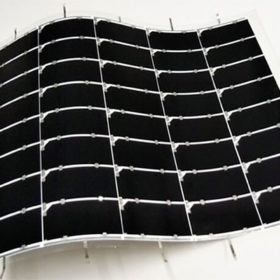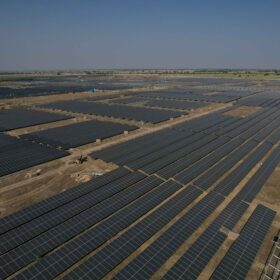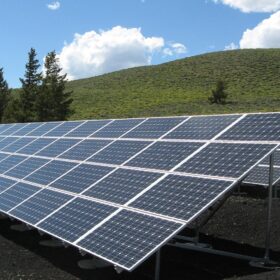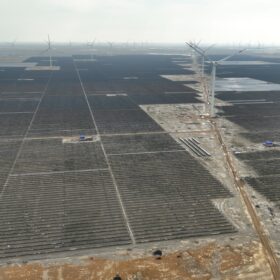SJVN secures $111.3 million Japanese loan to fund solar projects
SJVN has secured around INR 915 crore ($111.3 million) loan to partly finance its 90 MW Omkareshwar floating solar project in Madhya Pradesh and 100 MW Raghanesda solar project in Gujarat.
Acme Group and Japan’s IHI to jointly explore opportunities in green hydrogen
Indian developer Acme Group and Japan’s IHI have signed a pact to jointly explore opportunities across the green hydrogen and ammonia value chain, including production, handling, transportation, distribution, and power generation.
Japan’s MUFG Bank extends INR 450 crore credit facility to Tata Power
The Japanese bank has extended INR 450 crore sustainable trade finance facility for Tata Power’s 220 MW of solar projects in Gujarat and Maharashtra.
L&T closes $107 million sustainability-linked loan
The Indian multinational EPC provider has successfully closed a three-year $107 million sustainability-linked loan with Sumitomo Mitsui Banking Corp.
Adani Green raises $200 million in Japanese Yen-denominated refinancing facility
The developer has refinanced its 350 MW of solar projects with a long-tenor debt facility of $200 million.
New anode material could enable EV battery charging within 10 minutes
Researchers from the Indian Institute of Technology, Gandhinagar, and Japan Advanced Institute of Science and Technology (JAIST) have developed a two-dimensional (2D) anode material for lithium batteries by using nanosheets derived from titanium diboride. They found the new anode material leads to a discharge capacity of 174 mA h/g within 10 minutes at a current rate of 1 A/g.
Hydrogen combustion tech for residential water heaters
Japan’s Rinnai has unveiled what it claims is the world’s first 100% hydrogen combustion technology for residential water heaters. It is currently using the hydrogen water heater in demonstration projects in Australia, prior to commercialization.
Solar-powered offgrid residential unit from Japan
Japan’s Arth has designed an autonomous habitation module that produces water in places without energy and water infrastructure. The company said the residential unit could also be used as an emergency evacuation site.
Sharp achieves conversion efficiency of 32.65% in flexible, lightweight solar module
The new prototype uses a triple-junction compound design, which sandwiches the solar cell between layers of film. The module is expected to be used in a variety of vehicles, an application that demands high efficiency and lightweight construction. Its conversion efficiency bests that of a similar Sharp module developed in 2016, which notched an efficiency of 31.17%, at the time a world record.
Acme Group signs MoU with Japan’s NYK for ammonia shipping
The Indian sustainable energy company has signed an agreement with the Japanese ship operator to transport green ammonia from its projects to customers globally.
